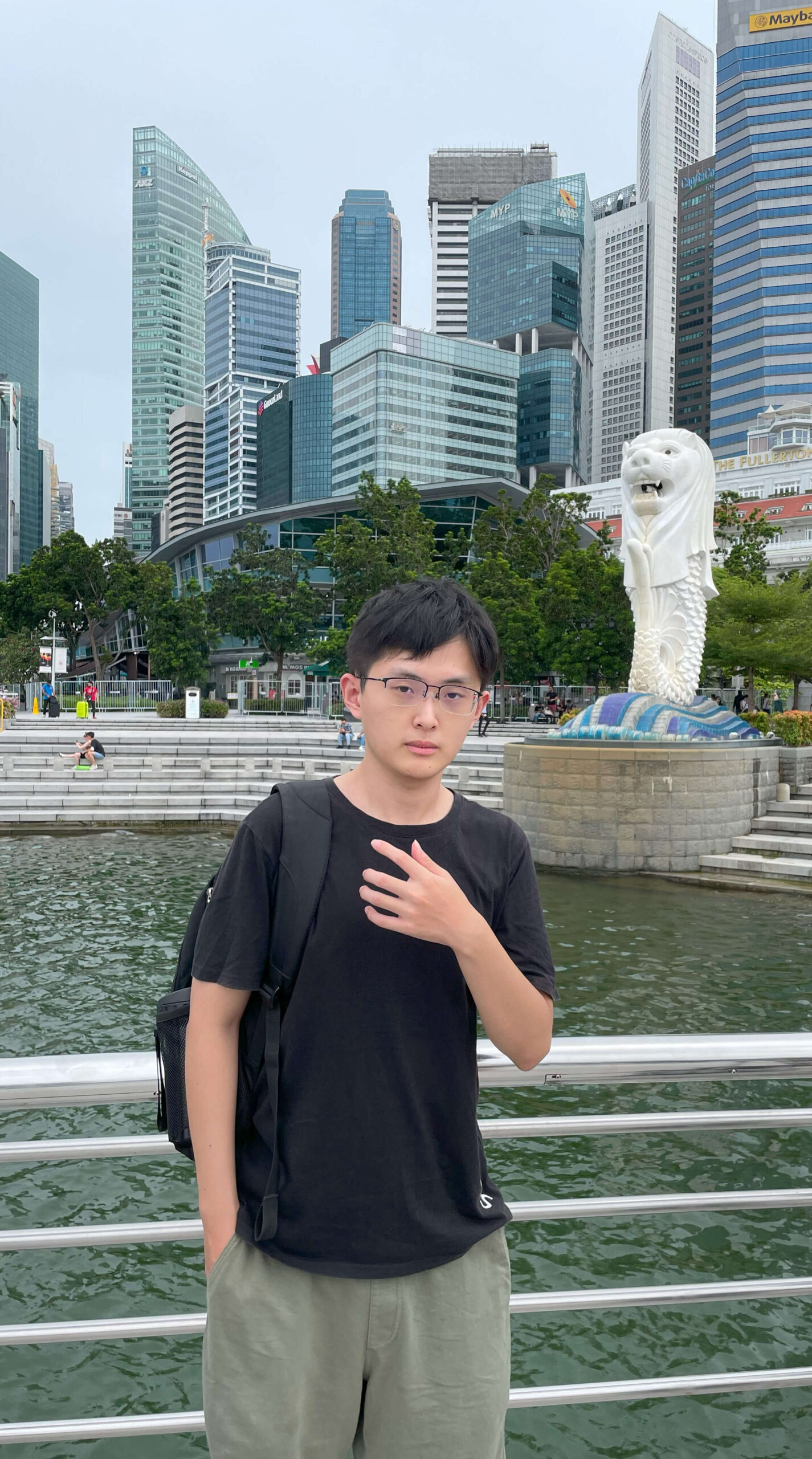Yu Shenlong
[Msc 2024]

My choice of studying physics is more due to philosophical considerations. I find that approaching the essence of matter is always more thrilling to me than just enjoying their material phenomena. This inclination might be related to the extensive popular science books I read during my childhood.
Initially, I was fascinated by chemistry-the complex changes in matter were always attractive. However, as I dived deeper into the field of physics, I found that it was more advantageous for exploring the fundamental principles of matter. Consequently, my interest shifted towards physics.
There are two primary learning approaches I adopted in the course of my academic journey: course-driven learning and project-driven learning. Course-driven learning is suited for systematically acquiring foundational knowledge in a field, helping to build a structured framework. In contrast, when dealing with cutting-edge fields where knowledge is fragmented and still evolving, a more effective method is to engage directly in a project, acquiring additional knowledge as needed along the way. For me, graduate studies represent a transition from the former to the latter approach.
It is also important to note that these learning modes should not be confined to traditional educational institutions. With the development of internet and artificial intelligence, I believe that the efficiency of self-directed learning has greatly improved, making it fully capable of supporting these two models. This potential is often underestimated, and learners should carefully consider the most suitable mode for their needs.
The greatest benefit I have gained from NUS is the exposure to cutting-edge research in the field and the emphasis on interdisciplinary collaboration. NUS frequently invites leading experts to give lectures, which greatly aids researchers in staying updated on the latest research and gathering inspiration for their work.
Additionally, the university fosters a strong interdisciplinary environment, offering a variety of cross-disciplinary courses and lectures. This enables researchers in physics to draw inspiration from other fields, a practice that I believe is increasingly important as the trend towards academic integration becomes more pronounced.
Moving forward, I will focus primarily on interdisciplinary research topics such as machine learning with physics.
The greatest benefit I have gained from NUS is the exposure to cutting-edge research in the field and the emphasis on interdisciplinary collaboration. NUS frequently invites leading experts to give lectures, which greatly aids researchers in staying updated on the latest research and gathering inspiration for their work.
Yu Shenlong
